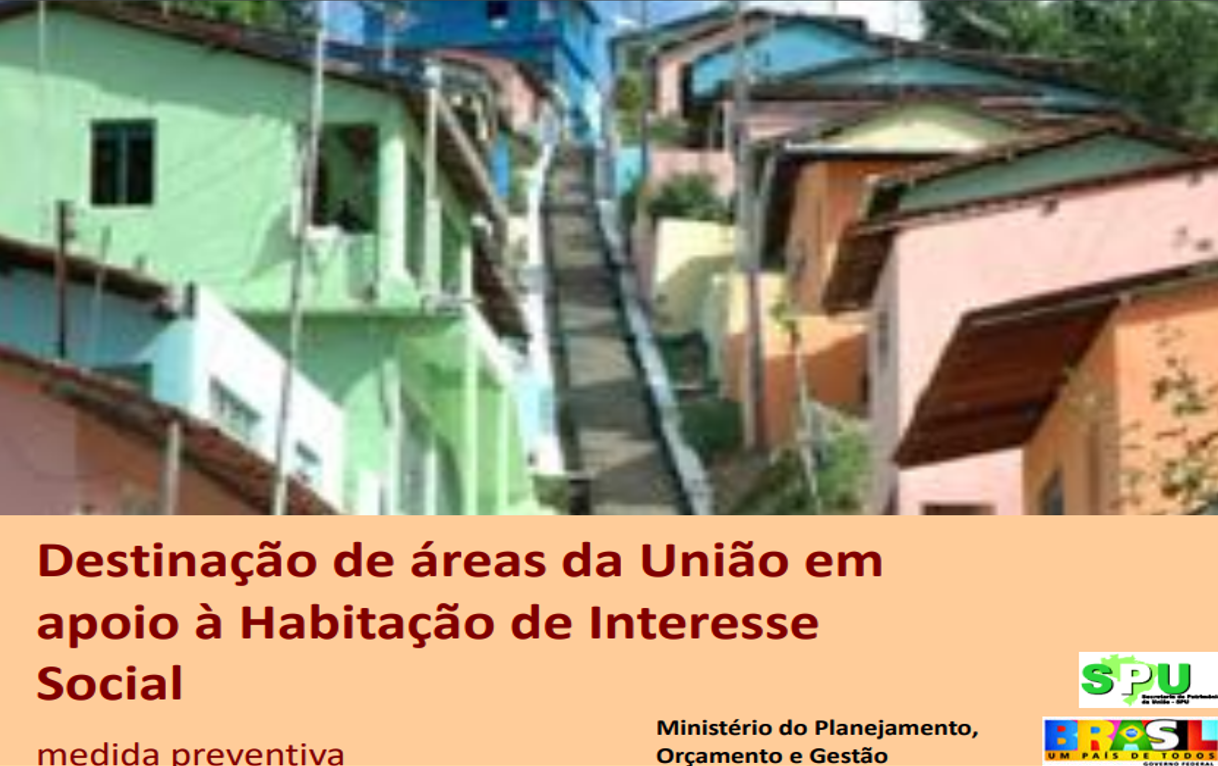About Habitat for Humanity International
Habitat for Humanity International's vision is a world where everyone has a decent place to live. Since 1976, Habitat has helped more than 6.8 million people gain strength, stability and independence through housing, including home construction, rehabilitation and repairs and by increasing access to improved shelter through products and programs. Habitat also advocates to improve access to decent and affordable shelter and offers a variety of housing support services that enable families with limited means to make needed improvements on their homes as their time and resources allow. As a nonprofit Christian housing organization, Habitat works in more than 70 countries and welcomes people of all races, religions and nationalities to partner in its mission.
About Habitat for Humanity International – Latin America and the Caribbean Region (HFHI-LAC)
HFHI through its National Offices or partners is building up an extensive network of allies at both national and local levels in Argentina, Bolivia, Brazil, Chile, Colombia, Costa Rica, Dominican Republic, El Salvador, Guatemala, Guyana, Haiti, Honduras, Mexico, Nicaragua, Paraguay, Peru, and Trinidad and Tobago; carrying out a remarkable work related to land, disaster risk reduction, water and sanitation, community development, housing construction, advocacy, and housing finance issues. Particularly relevant to land the HFHI-LAC Area Office coordinates the GLTN LAC Urban Cluster, a land-focused collective space to activate alliances, mobilize skills, build capacities and engage decision makers, CSO leaders, private sector, academia and communities in innovative land instruments (existing or new) that may develop, accelerate and scale up processes of change and empower the most vulnerable to face the challenges posed by the growth of cities, urbanization, planning, land management, administration and secure tenure. Local and regional land related initiatives are leveraged by ongoing “Solid Ground” HFHI Land Advocacy Global Campaign, and contributing to HABITAT III global process.
Members:
Resources
Displaying 11 - 15 of 320Exposição de Motivos EMI nº 00020/2016 MCidades MP CCPR
Medida Provisória que dispõe sobre regularização fundiária rural e urbana, institui mecanismos para melhor eficiência dos procedimentos de alienação de imóveis da União, dispõe sobre a liquidação de créditos concedidos aos assentados da reforma agrária, sobre a regularização fundiária no ¢mbito da Amazônia Legal e dá outras providências.
A TERRA É UM NÓ NA SOCIEDADE BRASILEIRA … TAMBÉM NAS CIDADES
A invasão de terras urbanas no Brasil é parte intrínseca do processo de urbanização. Ela é gigantesca, como pretendemos mostrar aqui, e não é, fundamentalmente, fruto da ação da esquerda e nem de movimentos sociais que pretendem confrontar a lei. Ela é estrutural e institucionalizada pelo mercado imobiliário excludente e pela ausência de políticas sociais. No entanto, a dimensão e os fatos são dissimulados sob notável ardil ideológico.
Valorização do Solo Urbano e Adequação de Instrumentos de Intervenção: aplicando os preceitos do Estatuto da Cidade
Este trabalho trata de avançar na definição de elementos essenciais para a elaboração e implementação de instrumentos de recuperação de mais-valias fundiárias, com o objetivo mais geral de contribuir para o aprimoramento do planejamento urbano e da política urbana, e especificamente como ferramenta auxiliar na leitura e interpretação de alguns dos preceitos e instrumentos contidos no Estatuto da Cidade (Lei No.10257 de Julho de 2001).
Destinação de áreas da União em apoio à Habitação de Interesse Social
Apresentação Coordenação de Habitação e Regularização Fundiária Secretaria do Patrimônio da União
URBAN LAND TENURE IN BRAZIL: FROM CENTRALIZED STATE TO MARKET PROCESSES OF HOUSING LAND DELIVERY
Chapter 7 - Market Economy and Urban Change: Impacts in the Developing World Housing policy has always played a central role in the political agenda of successive governments in Brazil. For this reason, the sector provides a valuable barometer not only of the changing political economy of the country, but also the link between national priorities and the wider framework of international development trends. Within this context, this chapter examines recent shifts in Brazilian housing policy and provision evident in the transformation from welfare to market paradigms of development.






